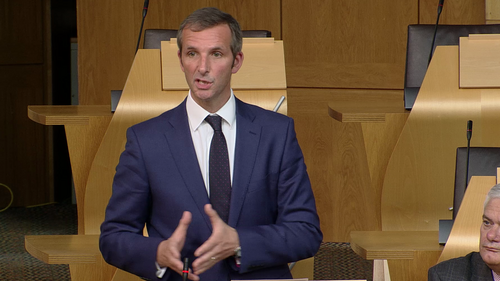Just 38 upskirting cases a year being passed to Crown Office

Scottish Liberal Democrat justice spokesperson Liam McArthur MSP has today called on the Scottish Government to resolve obstacles preventing upskirting cases from being taken forward as he revealed new figures showing that an average of just 38 cases per year are being passed to the Crown Office (COPFS).
His call comes after a Scottish Liberal Democrat freedom of information request revealed that between July 2018 and July 2024, 226 cases have been reported to the COPFS, an average of 38cases per year.
Independent expert analysis has suggested there are loopholes in the law, which at present only covers images obtained for motives of sexual gratification or causing distress.
Commenting on the figures, Mr McArthur said:
“I would love to think that these limited number of offences represented the sum total of upskirting offences in our country. However, the reality is that victims already feel a sense of shame when reporting offenders to the police and worry that there will be no consequences.
“We need the government to take these offences seriously. They compromise the safety and dignity of women and constitute a form of harassment that for too long has been ignored. We need to give victims confidence that their cases will be dealt with and instil in perpetrators a fear that will not get away with it.
“Scottish Liberal Democrats will continue to press the government to review the law in this area to allow more cases to be reported to COPFS. This is the only way of giving victims confidence in the system that should be protecting them.”